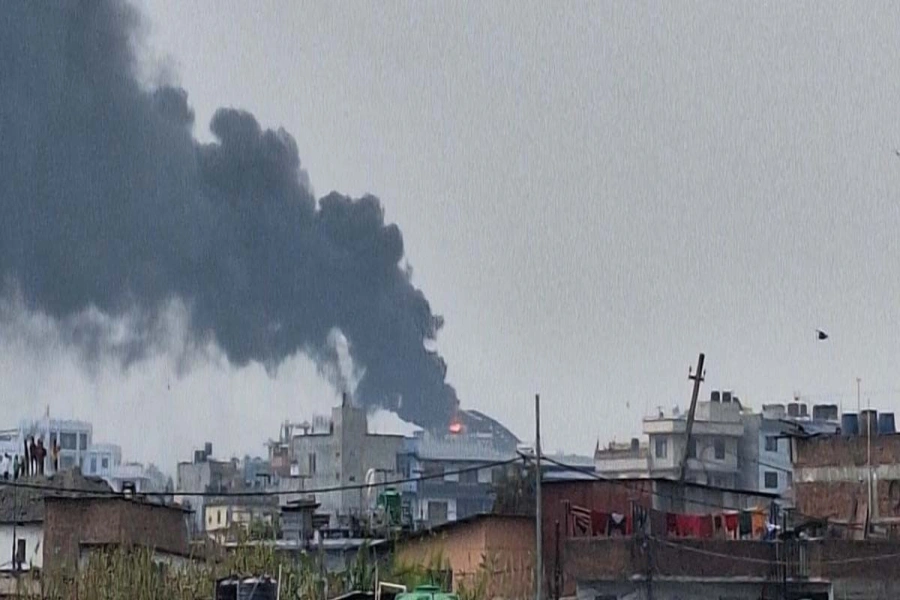After reading an article about a little girl suffering from HIV, Raj Kumar Pun felt obligated to help her. “She was malnourished, ill and abandoned by her family and society. She had also lost her mother, a victim of HIV/AIDS,” says Pun, founder and chairperson of Baby Life Home. Pun, along with his friend, Uma Gurung decided to get that little girl from her village to Kathmandu and take care of her.
Inspired by the transformation of that little girl, they were motivated to help more children suffering from HIV and other mental, emotional, physical and societal traumas. So in the year 2009 they founded the first school in Nepal for openly identified HIV children, Baby Life Home.
This organization is primarily focused on rescuing children from districts such as Dang, Baitadi, Kailali, Salyan, Dailekh, Surkhet, Rolpa, and Kanchanpur. The school comprises of separate classes from standard one to 10. They even have their own hostel for these children in Kirtipur, Kathmandu.
Stories of lives walking through the dark tunnel toward the lig...

Currently the organization caters to about 29 kids who are suffering from HIV. “Whenever we get any news about a helpless child suffering from HIV, we go to the village and get the kid to Kathmandu,” says Uma Gurung, the co-founder and chairperson of Baby Life Home. “We need to complete all the legal procedures at the VDC where the child lives before getting them to our hostel in Kathmandu,” she adds.
The school also organizes various activities in order to boost the confidence of these children. “We organize sports days, drawing competitions and various other talent shows,” says Pun. Frequent mental and psychological counseling sessions are also organized to help these children.
Educating 29 children in Kathmandu and providing them with accommodation, food, and health care certainly requires a lot of funds. “We have thought of a creative way to be independent and have a continuous source of income,” says Gurung. About 17 ropani land is owned by this organization that has livestock and produces seasonal vegetables. “Agriculture is our major source of income. Apart from that, there are volunteers who donate books. We even have a generous volunteer who has pledged to provide these children a glass of milk each every morning,” adds Gurung.
Teku hospital provides free health checkup for children suffering from HIV once a month. And Baby Life Home takes these children for regular checkups at the Teku hospital. In case children suffer from other diseases, the organization makes sure they are provided with good medical treatment.
Even though there are so many organizations that help create awareness about HIV, the perception of people does not seem to have changed. Many fail to realize that HIV does not stop anyone from living a long and happy life. Hence, these children are considered a liability to the society. “Even the educated individuals fail to accept them,” says Gurung. “Last year, doctors refused to treat a girl from our school who was suffering from pneumonia. We were told that the beds in the ICU were full when they were not,” she adds claiming that many doctors are actually scared of treating HIV positive patients.
Baby Life Home aims to help these children lead normal and happy lives. “They want to be doctors, engineers, singers, and artists in the future. We intend to show the world that their dreams can come true,” says Pun adding that the institute is determined in creating young and confident individuals who will help transform society. “Education will be their weapon and they will be the pioneers of change,” he concludes.






-1200x560-1772467693.webp)






























